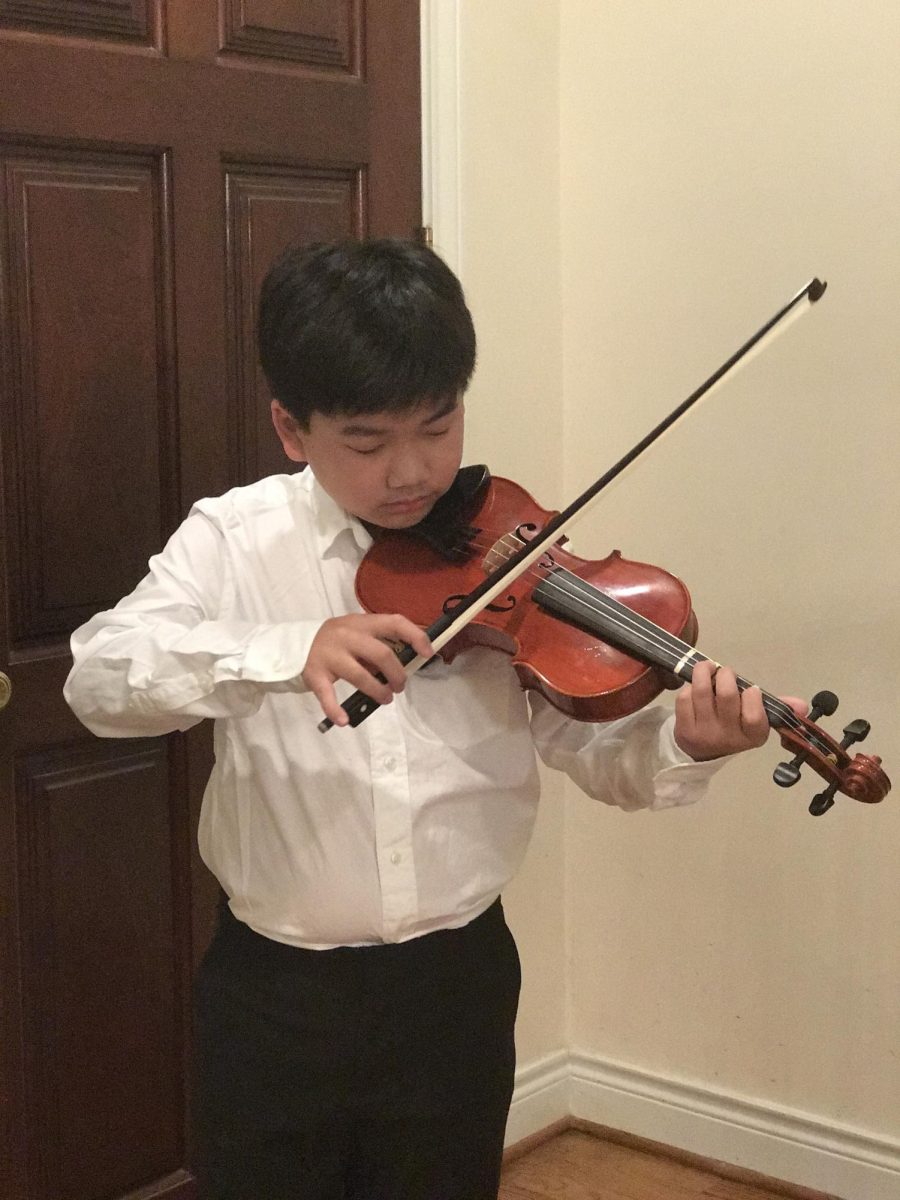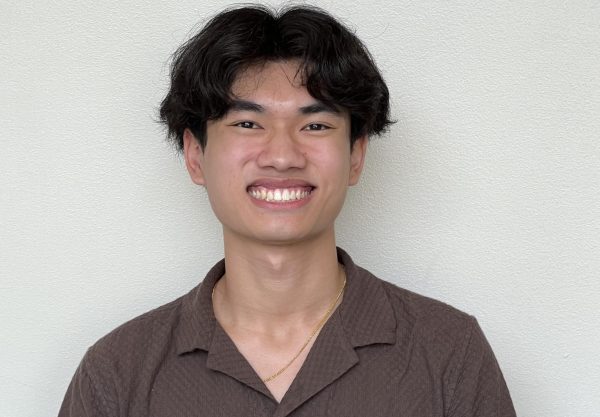My paper was drenched. I stared at the numbers, rows of multiplication stacked on top of each other. The symbols, and my vision, began to blur.
“Eric already knew how to do this when he was your age,” my dad said.
My brother always felt like the cousin you could never beat. The point of comparison for which I measured all quantifiable achievements. He was an overachiever and somewhat of a role model to me. He was the template, and all I had to do was follow his guide to success. Being family, he created a standard I felt I needed to meet. We are related, so I have to be as good as him; it’s what is expected, I thought.
Expectations. The thought of that was almost as scary as responsibility. However, they were still something I often had in the back of my mind, pushing me to do just a little more to meet them.
Just like any other child, I was often glued to my iPad. I watched video after video on YouTube, seeing these YouTubers as idols. From big names like Nigahiga to Twoset Violin, I always listened to what they had to say.
“But for the most part, it’s true. Statistically, most Asians around the world are good at math,” said Ryan Higa
This came from Nigahiga’s “Are Asian Stereotypes True,” and being Asian, it was a line that stuck with me as a kid. As I consumed more media, I began to internalize more and more of these sayings. I should be good at the violin because most Asians are. I should be doing well in school because most Asians are smart. These false notions implanted themselves in my head, and I began to mold myself in their image.
This came to fruition in my freshman year of high school. High school, for most, is a new beginning and a fresh start. For me, a test to prove that I truly lived up to the standards of being a “true Asian.”
Freshman year was a rudimentary awakening. With a workload that I was not used to and outside activities that were new to me, I struggled to handle it at first. It was around this time that my parents also began to care more about my studies. With an already accomplished older son, they wanted the same for me. They pushed me to do better, and my already stereotyped vision of what it meant to be Asian contributed to this.
My sleep schedule began to falter, and I contemplated whether the work was worth doing. I remember thinking, I had to get all As and balance extracurriculars at the same time; it’s just what I thought was expected of me. For so long, I had told myself that being Asian meant I had to be the perfect student, the model minority. The addition of my high-achieving brother and critical parents only backed my mentality further. I set the bar high, and I tried my best to reach it.
Sometimes, however, that bar felt unattainable. Just at the end of my sophomore year, I was pushed to my limits when my lacrosse team made it to the state playoffs, and we had to travel to Dallas to play. With AP testing being the week following playoffs, I had three options to choose from: focus on my studies and ignore sports, ignore sports and focus on my studies, or try to balance the two and find some middle ground. As I was going to Dallas alone, I remember thinking, “No one would know if I didn’t study for my exams.” With no parents or brother to influence my choices, I had free will. If I wanted to dedicate my time to sports and disregard my AP tests, I had the complete ability to do so.
Though, I already knew my answer. I decided to give my best shot at balancing both sports and studies at the same time. A lifetime of expectations from family and media were far too embedded in me to allow myself not to at least attempt to take the toughest road. Again, I set the bar high, and I tried my hardest to reach it.
Now, in my Junior year, I realize that the piling pressures throughout my life helped me develop for the better. They caused me to hold myself accountable, and I can appreciate that. The stereotypes and influences that caused me to push myself should not be normalized, but I do recognize they are what made me who I am today. Although I don’t think I meet the requirements of the “perfect Asian” or “perfect son,” I would be lying if I didn’t think that the external expectations placed on me didn’t influence me for the better. Sometimes I feel that the bar of expectations keeps getting higher, and every day, I jump in hopes of grasping them.








